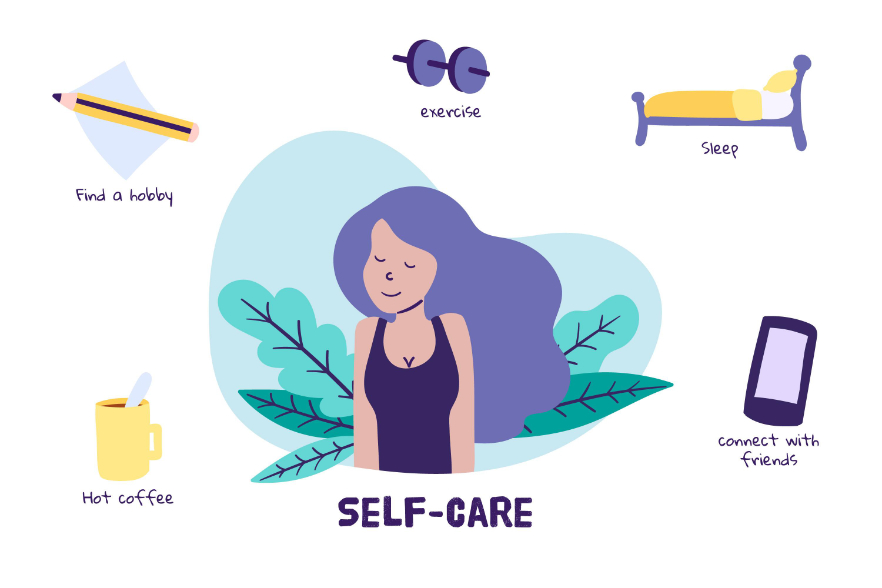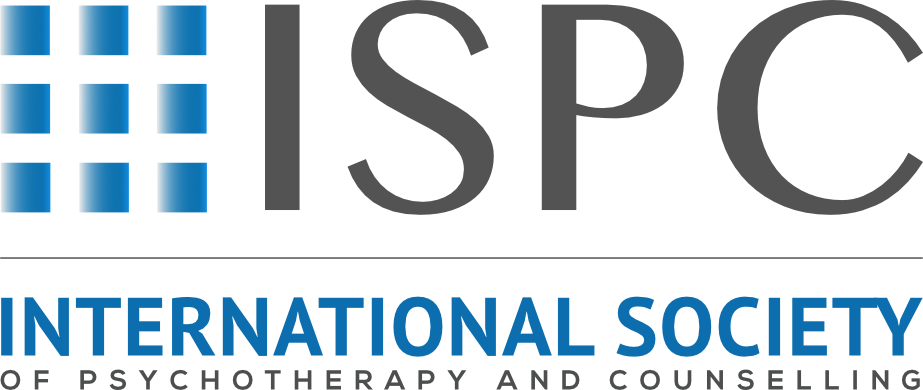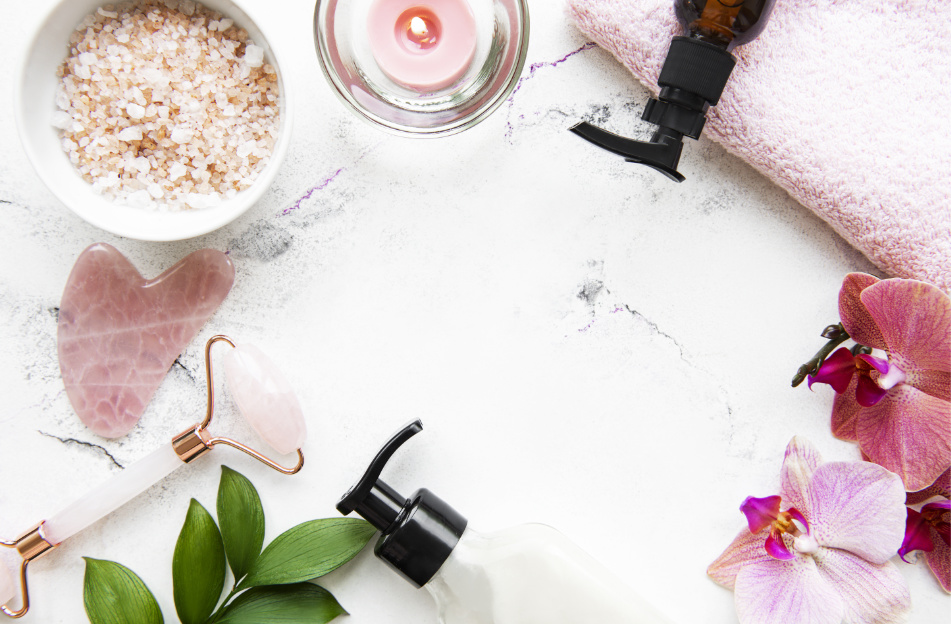A Therapist’s Guide to Authentic Self-Care
Article authored by the ISPC
The term “self-care” has become a popular buzzword in recent years, often conjuring images of fluffy bathrobes, scented candles, and luxurious weekends away. While these activities can certainly be part of a healthy routine, a therapist’s perspective on self-care runs much deeper.
It’s not just about treating ourselves after a tough week; it’s about the deliberate, often difficult, work of maintaining our mental, emotional, and physical health so that we can navigate life’s challenges with resilience. For those of us in the counselling and psychotherapy profession, this isn’t a luxury, it’s an ethical imperative. We cannot effectively hold space for our clients’ struggles if our own foundations are crumbling.
From the therapy room, I see how our culture’s “hustle” mentality and glorification of busyness can lead to a fundamental neglect of our own needs. People often arrive in therapy at breaking point, having run on empty for so long they no longer recognise their own distress signals. My role is not just to help them process their past, but to equip them with the tools to build a more sustainable future—one where self-care is a non-negotiable part of their daily lives.
This perspective ‘isn’t just for therapists’; it’s a model for anyone looking to move beyond superficial self-soothing and build a truly resilient, well-balanced life. So, let’s explore what authentic self-care looks like and some practical tools that counsellors actually use.

The True Meaning of Self-Care
Authentic self-care is an ongoing process of conscious effort to maintain and improve our holistic wellbeing. It is an act of acknowledging your worthiness and giving yourself the same care and compassion you would offer a loved one. It involves a balancing act, knowing when to indulge and when to practice discipline.
This isn’t about avoiding discomfort entirely; it’s about recognising when our internal resources are depleted and taking intentional steps to replenish them.
A key distinction is the difference between genuine self-care and mere self-indulgence. While a decadent dessert or an extra hour in bed might feel good in the moment, they don’t address the root cause of our fatigue or stress. True self-care is about long-term maintenance and growth, not short-term escapism. It’s the foundational work that prevents burnout and builds resilience.
The Seven Pillars of a Therapist’s Self-Care Plan
A therapist’s self-care plan is a multi-faceted strategy that addresses all areas of a person’s life. Inspired by the models used in training and supervision, we can break it down into several key areas:
1. Physical Self-Care: Good mental health is predicated on good physical health.
- Sleep: A sufficient amount of good-quality sleep is non-negotiable. Therapists often encourage clients to establish a consistent sleep schedule and create a restful bedtime routine, free from screens.
- Nutrition and Hydration: Eating regular, healthy meals and staying hydrated with plenty of water are vital for maintaining energy and focus.
- Movement: Regular physical activity, even just a 30-minute walk, can significantly boost mood and reduce stress. It’s a physical reset that helps process emotional burdens.
2. Emotional Self-Care: This involves safely and regularly acknowledging and processing your feelings.
- Boundaries: Learning to say “no” is one of the most powerful self-care tools. Therapists maintain strict professional boundaries with clients, and we apply this lesson to our personal lives, recognising our limits and protecting our energy.
- Processing Feelings: Just as we encourage clients to journal, we often use reflective writing to process our own emotional responses to challenging situations. Writing can help you identify emotional patterns and increase self-kindness.
- Therapy and Supervision: A crucial, and perhaps unique, form of self-care for counsellors is seeking their own therapy and attending regular supervision. It’s a space to process personal and professional challenges, and it normalises the act of seeking help.
3. Social Self-Care: Maintaining robust connections with others is a fundamental human need.
- Peer Support: Checking in with colleagues and peers is invaluable, especially in isolating roles. Sharing experiences with people who understand your professional world can be profoundly validating.
- Friends and Family: Nurturing relationships with loved ones provides essential emotional support and a sense of connection that grounds us outside of our work.
- Community: Engaging in community events, hobbies, or sports can provide a different perspective and sense of belonging.
4. Intellectual Self-Care: Our minds need stimulation and rest beyond the demands of our day-to-day work.
- Hobbies and Interests: Taking time for hobbies, whether it’s reading a book for pleasure, painting, or doing a puzzle, nourishes the soul and provides a mental break.
- Learning Something New: Engaging with a new subject or skill can spark passion and creativity, offering a healthy distraction from work-related concerns.
5. Spiritual Self-Care: This involves practices that cultivate a sense of purpose and connection.
- Mindfulness and Meditation: Practices like mindful breathing, body scans, and meditation are central to many therapeutic approaches and are powerful tools for staying grounded.
- Connecting with Nature: Spending time outdoors, whether in a park or the countryside, is widely recognised as beneficial for mental wellbeing. It helps to reset our circadian rhythms and connect with something larger than ourselves.
6. Environmental Self-Care: Our surroundings have a significant impact on our mental state.
- Creating Transition Rituals: Many therapists use rituals to separate their work and personal lives, especially when working from home. This might be changing clothes, listening to music on the commute, or simply having a moment to pause after a session.
- Tidying Your Space: A simple act like tidying your workspace or home can help to reduce feelings of overwhelm and restore a sense of control.
7. Financial Self-Care: While perhaps less glamorous, financial wellness is a significant aspect of overall wellbeing. It can reduce stress and increase a sense of security, which is important for both practitioners and clients alike.

Tools from the Therapist’s Toolkit
Counsellors don’t just preach self-care; we use specific techniques in our own lives, many of which are rooted in therapeutic modalities. Here are a few examples:
From Acceptance and Commitment Therapy (ACT): The ‘Mindfulness and Acceptance’ Journal
ACT helps people relate to their thoughts and feelings in a different way, rather than struggling against them. A key tool is using a journal to track your experiences using the four “A’s” of acceptance:
- Acknowledge: Write down the difficult thoughts, emotions, or sensations you are experiencing.
- Allow: Make space for these feelings to exist without trying to fight them.
- Accommodate: Notice how these feelings impact your body and mind, but don’t let them take over.
- Appreciate: Appreciate yourself for acknowledging these feelings rather than ignoring or suppressing them.
This practice helps you get “unhooked” from unhelpful thought patterns and build psychological flexibility.
From Dialectical Behavioural Therapy (DBT): Distress Tolerance Skills
DBT provides practical skills for managing overwhelming emotions and surviving crisis situations without resorting to destructive behaviour. Tools for distress tolerance include:
- Using the Five Senses for Grounding: When overwhelmed, focus on your five senses to bring you back to the present moment. Examples include holding an ice cube (touch), focusing on the sound of the rain (hearing), or smelling a calming essential oil (smell).
- Radical Acceptance: This tool involves accepting the reality of a painful situation without judgment. It is not about condoning the situation but about ceasing to fight against what is, thereby reducing suffering.
- Distraction Techniques: Engage in an activity that takes your focus away from the distressing emotion, such as watching a funny film or helping someone else with a problem.
From Cognitive Behavioural Therapy (CBT): The ‘ACE’ Log
The ‘ACE’ log (for Achievement, Closeness, and Enjoyment) is a simple but effective tool for tracking activities that contribute to positive mental states.
- Achievement: Note down an activity you completed that gave you a sense of accomplishment, no matter how small.
- Closeness: Note an activity that involved connecting with others.
- Enjoyment: Note an activity you genuinely enjoyed.
By consciously tracking these positive experiences, you can identify patterns that lead to a sense of purpose and satisfaction, helping to counteract the focus on negative thoughts.

The Enduring Act of Prioritising Yourself
In my experience, the biggest barrier to self-care is often the feeling of guilt or the belief that we simply don’t have enough time. Yet, as therapists know, prioritising our own wellbeing is not selfish; it’s an investment that allows us to show up more fully for others, whether they are our clients, our families, or our friends.
The path to authentic self-care starts with a simple, yet profound, question: “What do I need right now?”. By asking this question and truly listening to the answer, we can move beyond the surface-level fixes and cultivate a deeper, more sustainable sense of wellbeing. It’s about building a life that doesn’t require constant escape, but instead offers a balanced, resilient, and compassionate foundation from which to live.
We encourage all ISPC members to consider contributing to ISPC News and sharing their unique perspectives and insights. Your contributions help build a valuable resource for the therapy and counselling community.
And lastly, we appreciate those that have already come forward with their ideas and writings, we are uploading these blogs over the next few weeks and months.
Kindest Regards
ISPC Team









